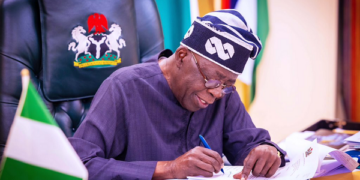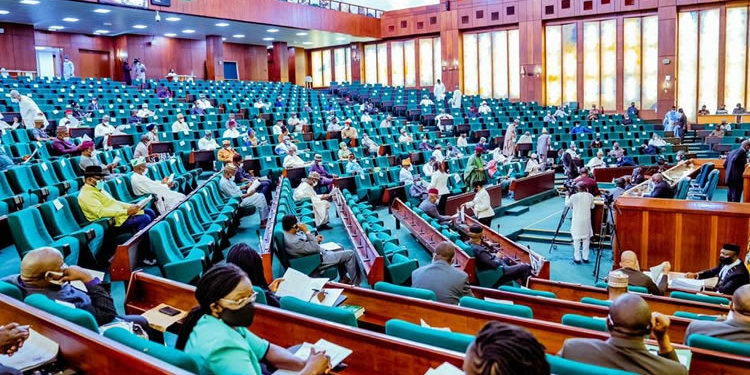- Nigerian House of Representatives calls for a state of emergency against malaria due to its deadly impact, urging eradication efforts
- Hon. Amobi Ogah emphasizes the need to combat malaria’s threat and ensures the proper use of allocated funds
The House of Representatives has urged the federal government to declare a state of emergency in the fight against malaria, describing it as a deadly parasite with the potential to harm Nigerians.
Hon. Amobi Ogah, chairman of the House Committee on HIV/AIDS, Tuberculosis, and Malaria, made the call in a statement issued in Abuja on the occasion of World Mosquito Day 2023.
World Mosquito Day is observed on August 20 around the world, and the theme for 2023 is “Fighting the World’s Deadliest Killer – the Mosquito.”
The goal is to raise awareness about the causes of malaria and how to prevent it, as well as the dangers posed by mosquitoes and mosquito-borne diseases, while also highlighting ongoing global efforts to combat the world’s deadliest creatures.
Ogah, who represents Abia State’s Isuiwuato/Umunneochi Federal Constituency in the House, stated that given the threat malaria poses to humanity, every effort must be made to eradicate one of the deadliest killer mosquitoes.
The chairman of the committee stated that the 10th House will ensure adequate implementation of legislation aimed at eradicating malaria in the country.
He said:
The House Committee on HIV, AIDS, Tuberculosis and Malaria Control is not unmindful of the challenges being faced by Nigerians in the fight against these ailments especially in the fight against the control of Malaria in the country which appear to defile solutions.
The committee will work with relevant stakeholders in the fight against malaria in ensuring that monies budgeted for are used for the purpose for which they are made.
According to the World Health Organization, four African countries accounted for just over half of all malaria deaths worldwide. Nigeria tops this list with 31.3 per cent, followed by the Democratic Republic of the Congo with 12.6 per cent, Tanzania (4.1per cent) and Niger (3.9per cent).
I am aware that the WHO Global technical strategy for malaria 2016–2030, which was updated in 2021, provides a technical framework for all malaria-endemic countries, including Nigeria. This document is expected to guide and support regional and country programmes on malaria control as they work towards control and elimination of malaria.










Discussion about this post